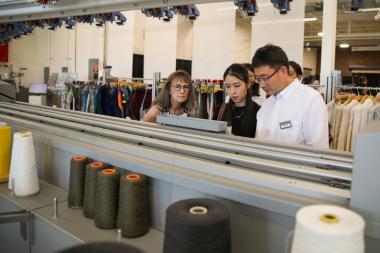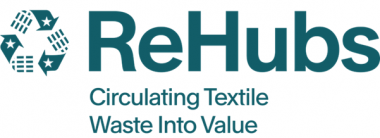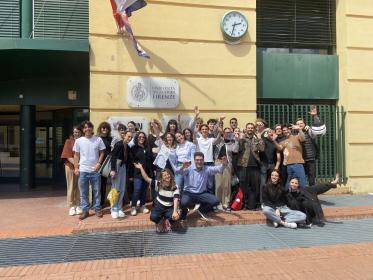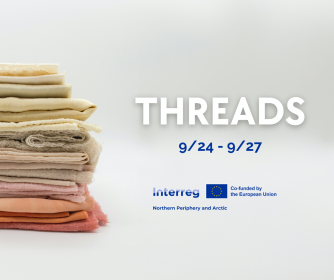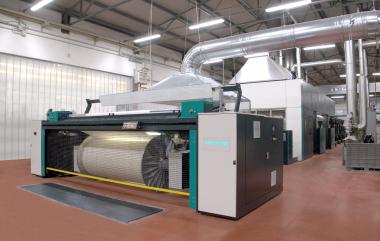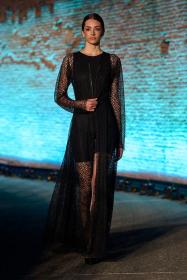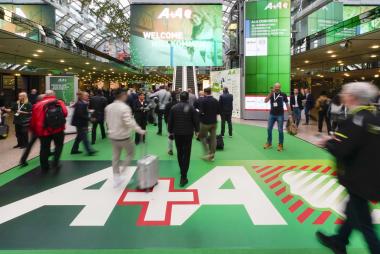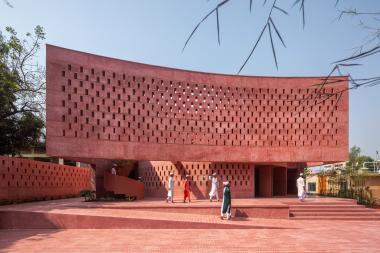KARL MAYER North America: Successful Textiles Innovation Conference
The 2nd Textiles Innovation Conference held by KARL MAYER North America proved to be a complete success. The trade event took place from June 25 to 27, 2024 at the headquarters of the KARL MAYER GROUP subsidiary in Greensboro, North Carolina. The conference boasted a turnout with over 200 attendees, exhibitors, and keynote speakers. While the majority hailed from many states across the USA, the event also attracted a global audience, including participants from Italy, Canada, Mexico, and other countries. The central theme: the importance of textiles made in the USA, their value and influence on global markets.
The conference brought together leading industry brands and academic institutions to delve into the future of product development and sustainability in textiles. KM.ON, Black Swan, Meta, and Supreme shared a convergence of ideas, challenges, and groundbreaking advancements shaping the textile landscape. NC State and Kent State universities highlighted their efforts in developing local talent and enhancing research capabilities to meet industry demand for regional supply chains. Manufacturing Solutions Center, Southern Textile Association, and AFFOA (Advanced Functional Fabrics of America) explored research capabilities and technology testing to foster funding opportunities and generate ideas for the future.
The recipe for success also included a lecture program. The conference kicked off with a keynote speech from New Balance, a brand that empowers people through sport and craftsmanship. New Balance MADE U.S., their premium collection manufactured domestically, reflects their commitment to quality and community impact. On day two Kenny Wilsey, Sourcing Director at Dillard’s, shared his expertise to ensure adherence to quality standards and social compliance requirements for private label brands. To complete the speaker series, Allison Hicks, Lead Knit Engineer at Under Armour, inspired attendees with her innovative approach to performance footwear, apparel, and accessories.
Important topics at the conference were sustainability and digitalization: Unifi showcased high-performance fibers made from recyclable materials and pre- or post-consumer waste management initiatives. KM.ON, the digital solution company of the KARL MAYER GROUP, displayed artificial intelligence applications for quality control, supply chain optimization, and predictive maintenance for warp knitting and knitwear production.
The Textile Innovation Conference program was rounded out by an exhibition of selected textile supply chain partners. These business partners supplemented the information about innovation presented in the lectures and performance demonstrations of the latest STOLL flat knitting and KARL MAYER warp knitting machines.
KARL MAYER Verwaltungsgesellschaft AG


